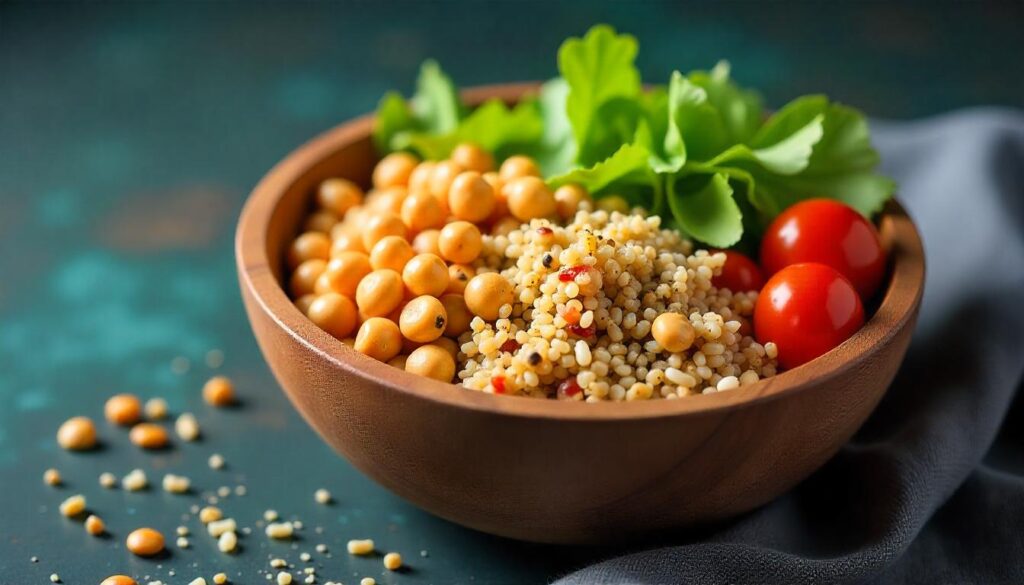1. Legumes and Beans
Examples include lentils, chickpeas, black beans, and other pulses. They provide a substantial amount of protein (e.g., lentils offer about 18g per 240g serving), along with complex carbohydrates, fiber, iron, and B vitamins. These nutrients support muscle repair, sustained energy, and overall recovery, making them ideal post-workout foods123.
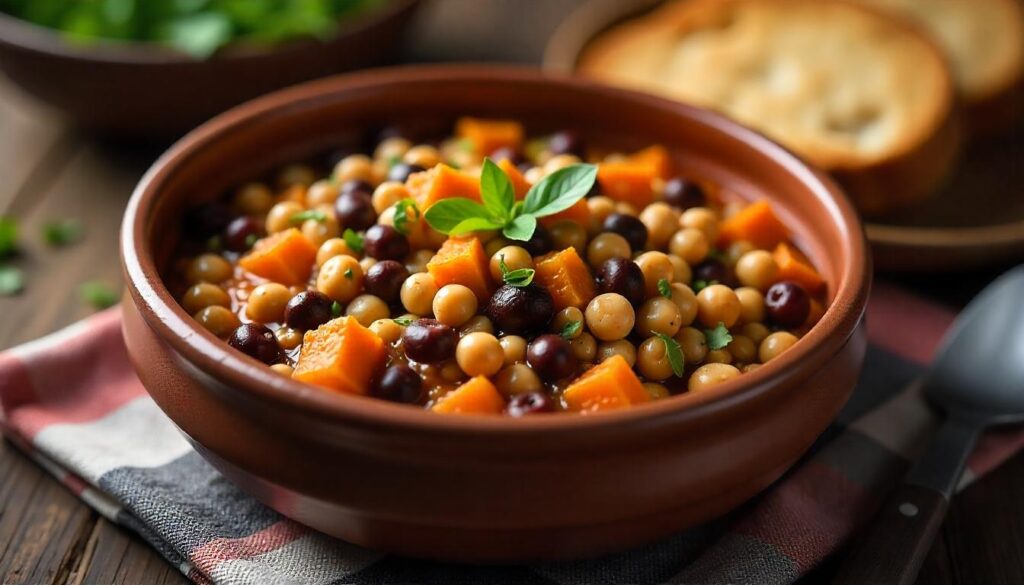
2. Soy Products: Tofu, Tempeh, and Edamame
Derived from soybeans, these are complete proteins containing all essential amino acids, with 12–20g of protein per 100g serving. They also supply iron, calcium, probiotics (in tempeh), and other minerals. Soy proteins are versatile and highly effective for muscle recovery and growth413.
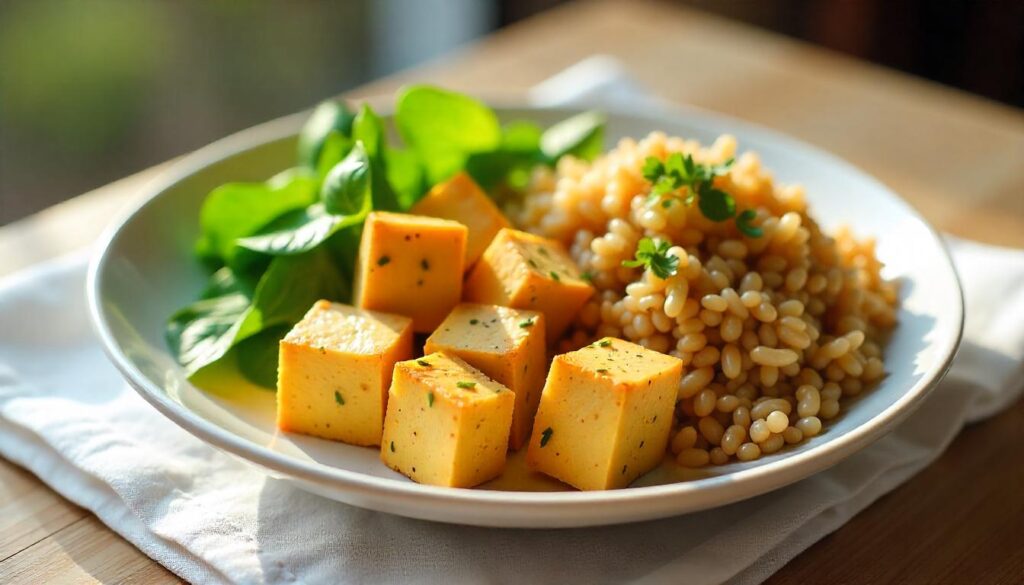
3. Quinoa
A rare plant-based complete protein that contains all nine essential amino acids. Quinoa provides over 8g of protein per 180g serving and is also rich in fiber and B vitamins. It serves as a great alternative to grains like rice or pasta for active individuals seeking balanced nutrition123.
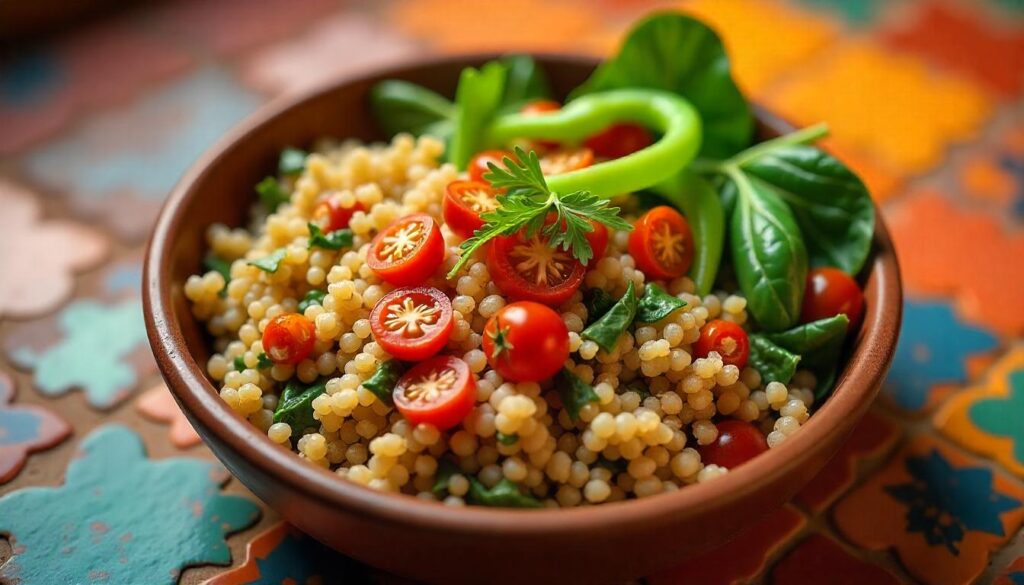
4. Seitan
Made from wheat gluten, seitan is a protein-dense food with about 25g of protein per 100g. It closely mimics the texture of meat and also contains selenium, iron, calcium, and phosphorus. However, it should be avoided by those with gluten sensitivities42.

5. Nuts and Seeds
Almonds, chia seeds, flaxseeds, hemp seeds, pumpkin seeds, and sunflower seeds are excellent sources of protein, healthy fats, fiber, and antioxidants. They provide quick protein boosts and help reduce inflammation, aiding recovery after exercise513.
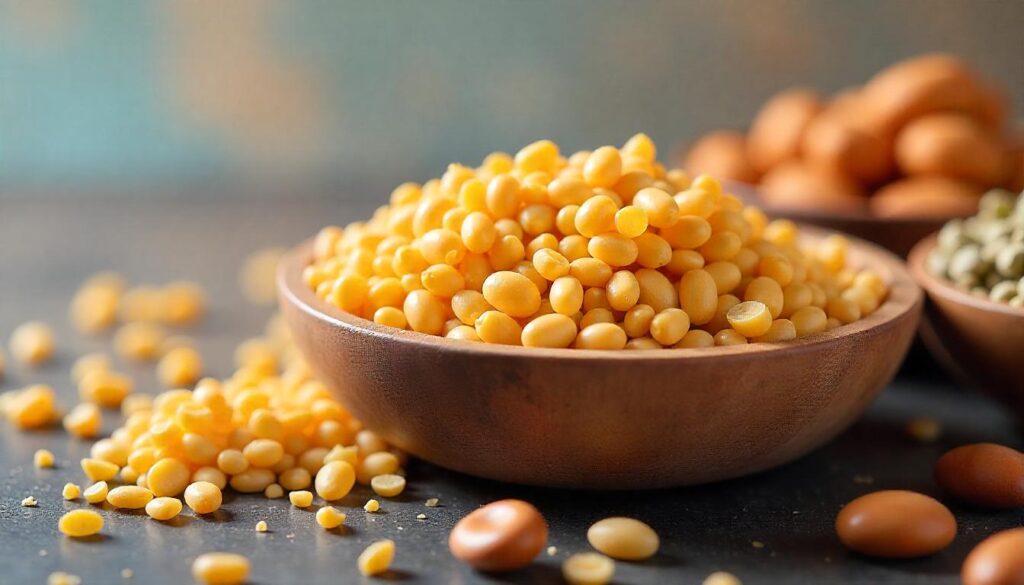
6. Plant Protein Powders
- Pea Protein: High in branched-chain amino acids (BCAAs) essential for muscle recovery, pea protein is comparable to whey protein in promoting muscle growth and strength5.
- Rice Protein: A complete, hypoallergenic protein rich in B vitamins and iron, suitable for muscle repair and energy production5.
- Pumpkin Seed, Sunflower Seed, and Mung Bean Proteins: These offer antioxidants, essential amino acids, and anti-inflammatory benefits, supporting recovery and performance in athletes5.
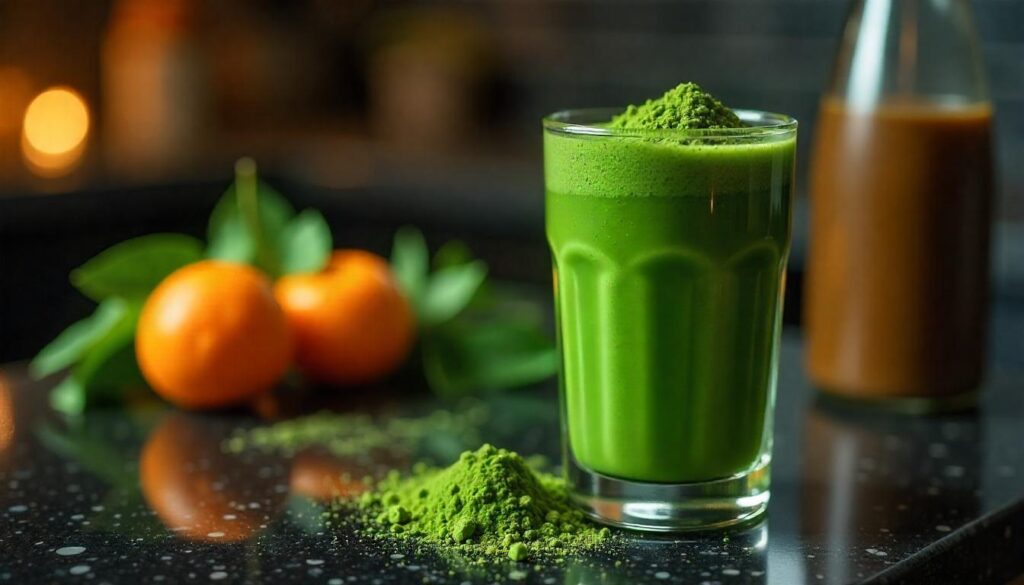
7. Spirulina
This nutrient-dense algae is a protein powerhouse and rich in antioxidants, making it a beneficial addition to smoothies for active individuals1.
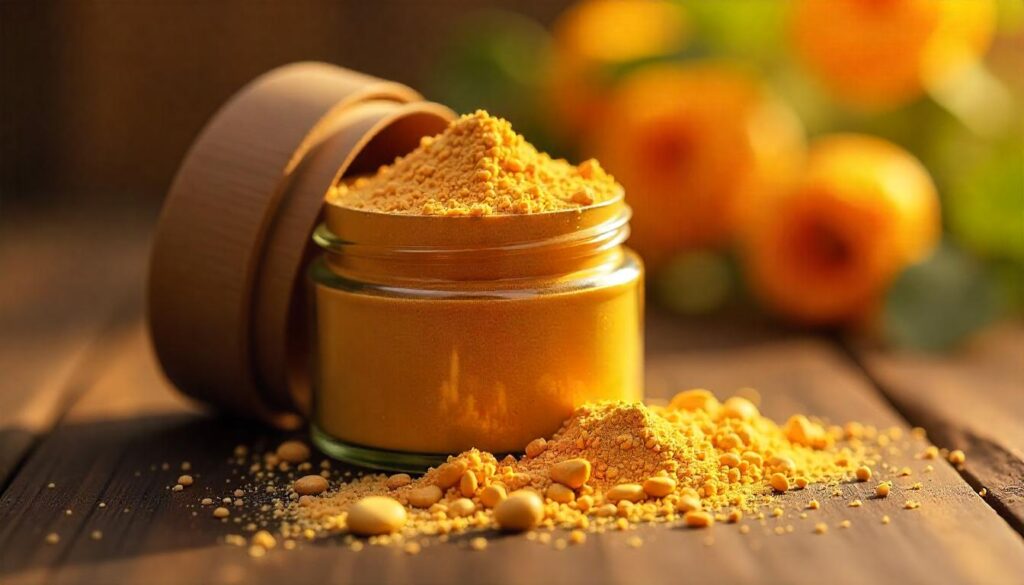
Benefits of Plant-Based Proteins for Active Lifestyles
- Complete Amino Acid Profiles: Combining different plant proteins (e.g., legumes with grains) ensures all essential amino acids are consumed for optimal muscle repair1.
- Effective Muscle Recovery: Plant proteins can be as effective as animal proteins in muscle recovery when consumed in adequate amounts soon after exercise1.
- Anti-Inflammatory and Antioxidant Properties: Many plant proteins contain compounds that reduce muscle soreness and inflammation, speeding up recovery1.
- Nutrient-Rich: Beyond protein, plant-based sources provide fiber, vitamins, minerals, and antioxidants that support overall health and sustained energy13.
- Weight Management: Generally lower in calories and fat than animal proteins, plant proteins help maintain lean muscle mass without excess weight gain1.
- Sustainability: Choosing plant-based proteins contributes to environmental sustainability and aligns with ethical considerations1.
Practical Tips for Incorporation
- Combine legumes with grains (e.g., lentils with quinoa) to create complete proteins.
- Use soy products like tofu or tempeh in meals for versatile, nutrient-dense protein.
- Include nuts and seeds as snacks or meal toppings for extra protein and healthy fats.
- Consider plant protein powders such as pea or rice protein to supplement protein intake, especially around workouts.
- Add spirulina to smoothies for a nutrient boost.
In summary, a variety of plant-based protein sources such as legumes, soy products, quinoa, seitan, nuts, seeds, and specialized plant protein powders provide all the essential nutrients needed for active lifestyles. They support muscle growth, enhance recovery, reduce inflammation, and promote overall health while being environmentally friendly.

